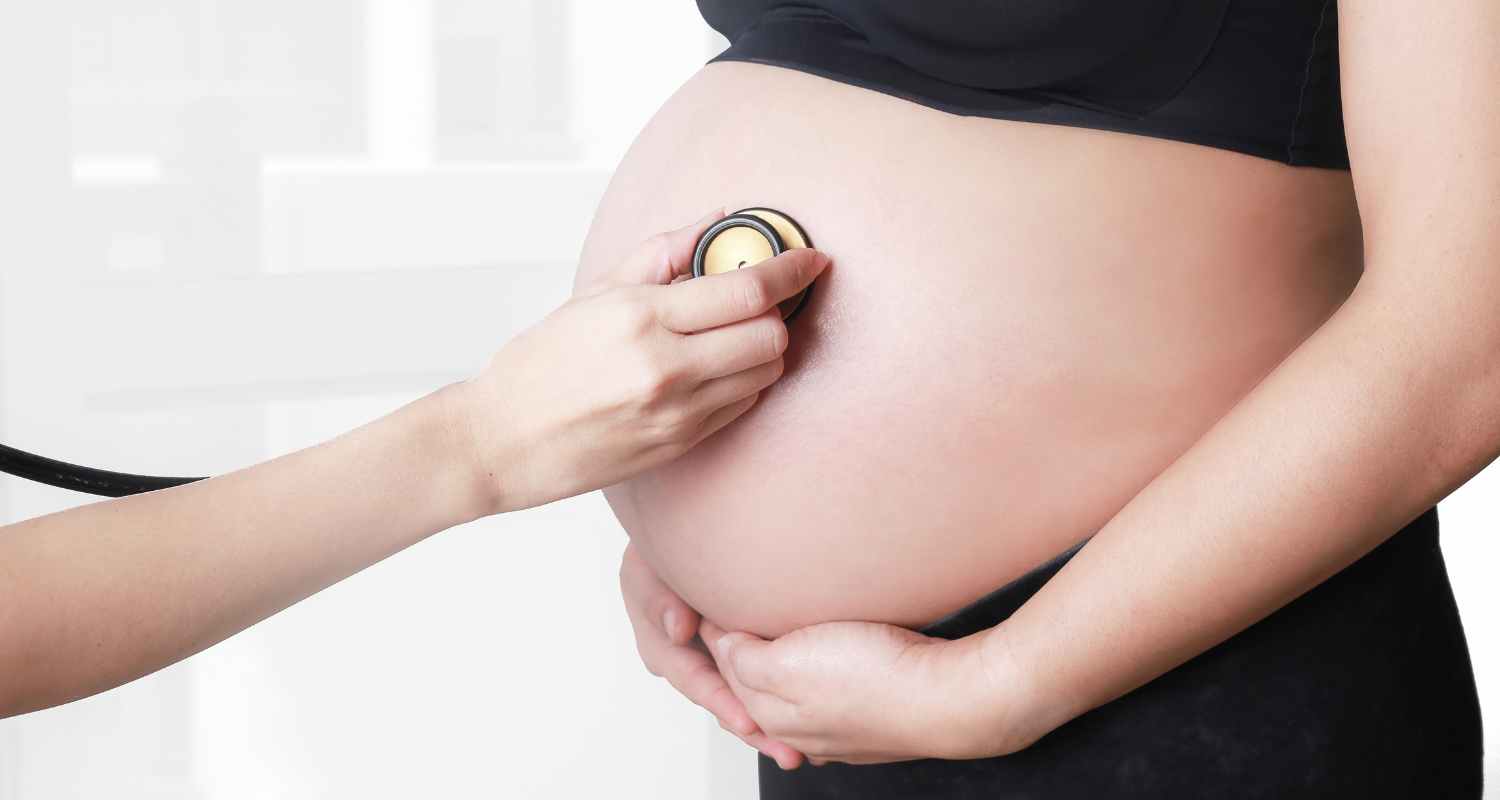Pregnancy is a time of incredible transformation, both physically and emotionally. While you’re focused on nurturing the life growing inside you, it’s equally important to prioritize your own health, including your oral health. Pregnancy hormones and dietary changes can significantly impact your mouth, making dental care more crucial than ever. Let’s explore why prioritizing your oral health during pregnancy benefits both you and your baby.
The Hormonal Rollercoaster: How Pregnancy Affects Your Mouth
Pregnancy hormones, while essential for supporting your growing baby, can also wreak havoc on your mouth. Here’s how:
- Pregnancy Gingivitis: Increased progesterone levels can make your gums more sensitive and susceptible to inflammation, leading to pregnancy gingivitis. This condition causes swollen, red, and bleeding gums.
- Increased Risk of Gum Disease: If left untreated, pregnancy gingivitis can progress to periodontitis, a serious gum infection that can damage the tissues and bones supporting your teeth.
- Elevated Cavity Risk: Morning sickness, cravings, and frequent snacking can increase your risk of cavities. Vomiting can expose your teeth to stomach acid, eroding enamel and making them more vulnerable to decay.
The Oral Health – Pregnancy Connection: Why It Matters
Maintaining optimal oral health during pregnancy is not just about a healthy smile; it’s also crucial for the overall well-being of both you and your baby.
- Preterm Birth and Low Birth Weight:Studies have linked gum disease in pregnant women to an increased risk of preterm birth (delivery before 37 weeks) and low birth weight (less than 5.5 pounds). The inflammation associated with gum disease may trigger the release of labor-inducing substances.
- Preeclampsia:Preeclampsia, a dangerous pregnancy complication characterized by high blood pressure and protein in the urine, has also been linked to gum disease.
- Gestational Diabetes:Gum disease may increase the risk of developing gestational diabetes, a type of diabetes that occurs during pregnancy.
- Passing Bacteria to Your Baby:The bacteria that cause cavities can be transmitted from mother to baby. Maintaining good oral hygiene during pregnancy helps reduce the risk of passing these harmful bacteria to your child.
Dental Care During Pregnancy: Essential Steps for a Healthy Smile
- Pre-Pregnancy Dental Checkup:
- Establish a Baseline: Before conceiving, schedule a dental checkup and cleaning to address any existing oral health issues and establish a baseline for your oral health.
- Regular Dental Visits Throughout Pregnancy:
- Maintain Routine Care: Continue to see your dentist for regular checkups and cleanings throughout your pregnancy, even if you’re experiencing no problems.
- Inform Your Dentist: Let your dentist know you’re pregnant so they can provide appropriate care and advice.
- Meticulous Oral Hygiene:
- Brush Twice a Day: Use fluoride toothpaste and a soft-bristled toothbrush to brush your teeth for two minutes, twice a day.
- Floss Daily: Floss once a day to remove plaque and food particles from between your teeth.
- Consider an Electric Toothbrush: An electric toothbrush can be more effective at removing plaque than a manual toothbrush.
- Tongue Cleaning: Gently clean your tongue daily to remove bacteria and freshen breath.
- Combat Morning Sickness:
- Rinse After Vomiting: If you experience morning sickness, rinse your mouth with water or a fluoride mouthwash after vomiting to neutralize stomach acid.
- Wait to Brush: Wait at least 30 minutes after vomiting before brushing your teeth to avoid further enamel erosion.
- Baking Soda Rinse: Consider rinsing with a solution of baking soda and water to neutralize acids and soothe your mouth.
- Healthy Diet for Two:
- Nutrient-Rich Foods: Focus on a balanced diet with plenty of fruits, vegetables, whole grains, and lean protein to support your overall health and your baby’s development.
- Limit Sugary Snacks and Drinks: Reduce your intake of sugary foods and drinks to minimize the risk of cavities.
- Calcium and Vitamin D: Ensure adequate intake of calcium and vitamin D to support your baby’s bone development and maintain your own bone health.
- Address Dental Concerns Promptly:
- Don’t Delay Treatment: If you experience any dental problems during pregnancy, such as tooth pain, gum swelling, or bleeding, contact your dentist immediately.
- Safe Dental Treatments: Most dental treatments, including fillings and cleanings, are safe during pregnancy, especially during the second trimester.
- X-rays: Dental X-rays are generally safe during pregnancy, especially with proper shielding. However, inform your dentist if you’re pregnant so they can take necessary precautions.
- Communicate with Your Dentist:
- Open Dialogue: Discuss any concerns or questions you have about your oral health with your dentist. They can provide personalized advice and support throughout your pregnancy.
Beyond Pregnancy: Maintaining a Healthy Smile Postpartum
- Postpartum Checkup: Schedule a dental checkup after your baby is born to address any oral health issues that may have arisen during pregnancy.
- Continue Good Habits: Maintain your excellent oral hygiene routine and healthy dietary habits to protect your smile and your baby’s oral health.
Prioritizing Oral Health: A Gift for You and Your Baby
Taking care of your oral health during pregnancy is a gift you give to both yourself and your baby. By following these guidelines and working closely with your dentist, you can ensure a healthy, radiant smile throughout your pregnancy and beyond. Remember, a healthy mouth contributes to a healthy pregnancy and a healthy start for your little one.
If you have any questions or concerns, please contact us. Or if you’d like to visit our dental clinic, please find us on Google Maps.


